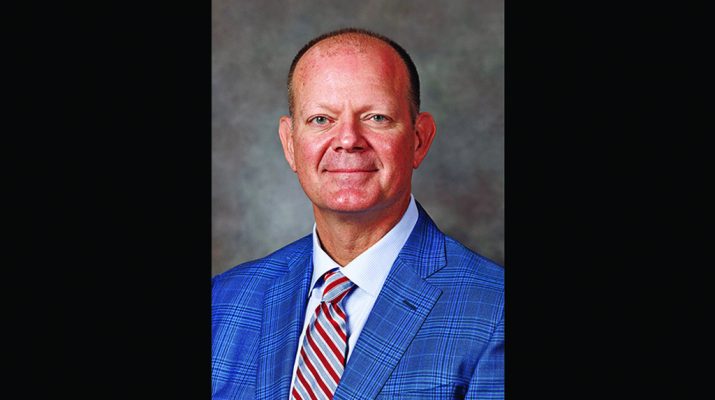In the last newsletter, we discussed the role of filibustering and how it shapes the policy-making process. A filibuster is a tool used by senators to delay or block a vote on a bill. In this edition, I’m dedicating the discussion of the filibuster to how priority motions operate in the Unicameral. Three key priority motions in the Nebraska Legislature are recommit to committee, bracket, and indefinitely postpone (IPP). When used properly, these motions serve as procedural tools that allow senators to delay, pause, or modify the consideration of a bill.
The motion to recommit to committee is used in consideration of sending a bill back to the committee from which it originally came. When a bill is recommitted, it effectively halts further discussion on the floor until the committee has had a chance to review, amend, or make changes to the bill. The purpose of this motion is to give the committee more time to work on the bill or address concerns raised during debate on the floor. Once the committee has finished its work, the bill will return to the floor for further discussion.
Similarly, when a bill needs more time for review, amendments, or negotiation before it is ready for a final vote, senators can file a bracket motion. Bracketing means delaying the consideration of a bill, effectively putting it on hold until a later date. This provides additional time for discussion or adjustments before the bill returns for further legislative debate and subsequent vote. The third priority motion is to indefinitely postpone (IPP). When a bill is indefinitely postponed, all further action on it is suspended, effectively halting its progress. The bill will not move forward for further consideration unless a future motion is made to bring it back.
In practice, these motions are each used as tools during a filibuster, which aims to extend debate to the 8 hour mark. Eight hours is the “traditional” time established by the Speaker for when a motion called “cloture” comes in order. A cloture motion is a motion to end debate and immediately vote on what is being considered. What’s unique about a cloture motion is it requires 33 votes to be successful. Essentially, by filibustering, a small group of senators who wish to block a bill can raise the normal vote threshold of 25 votes, to 33, by extending debate on the floor for 8 hours.
Understanding these priority motions provides insight into how the Nebraska Legislature manages bills and ensures that debate and decision-making are thorough while also providing a valuable and effective method of delaying a vote.
Stay tuned for more updates on the legislative process. If you have any feedback or concerns, please feel free to reach out.

